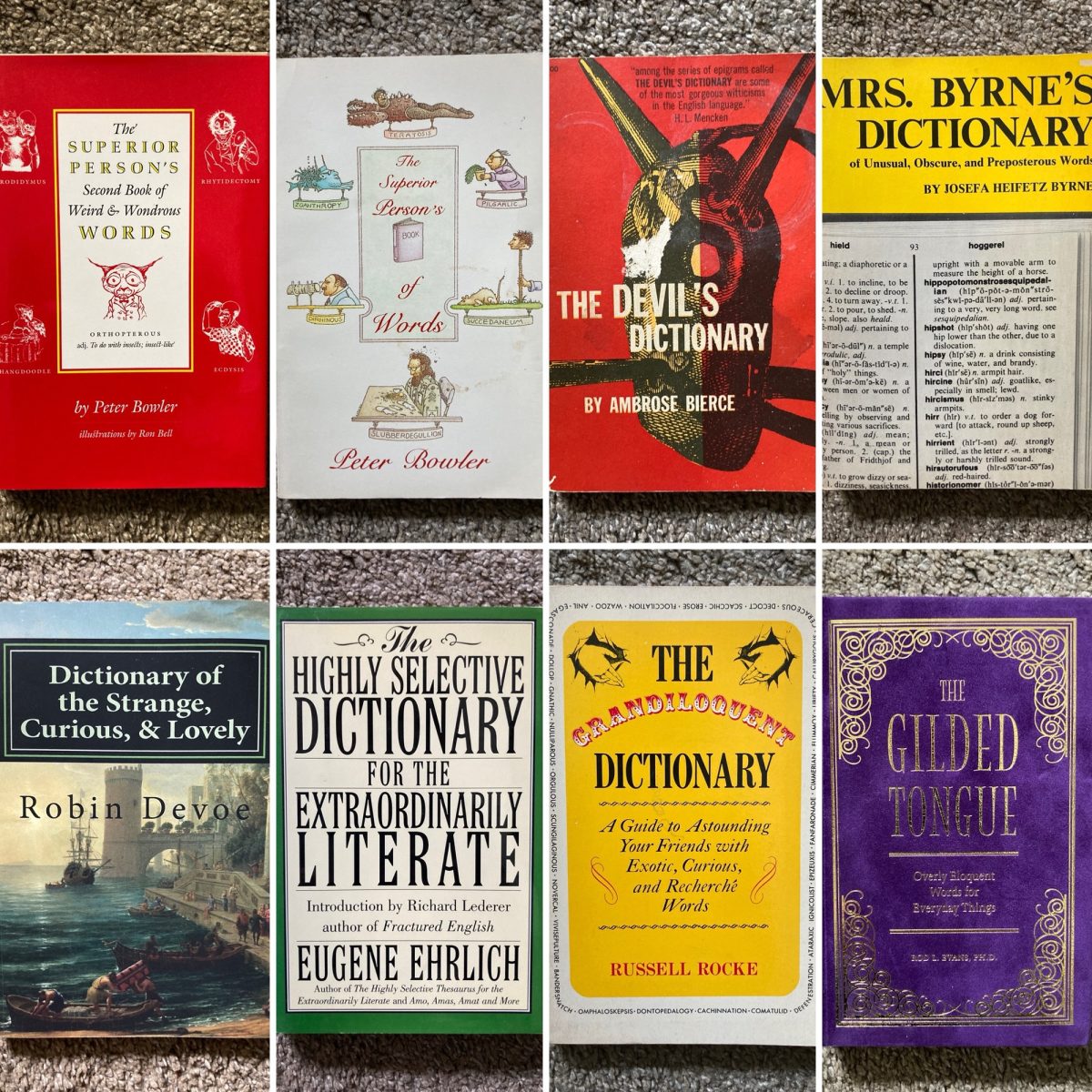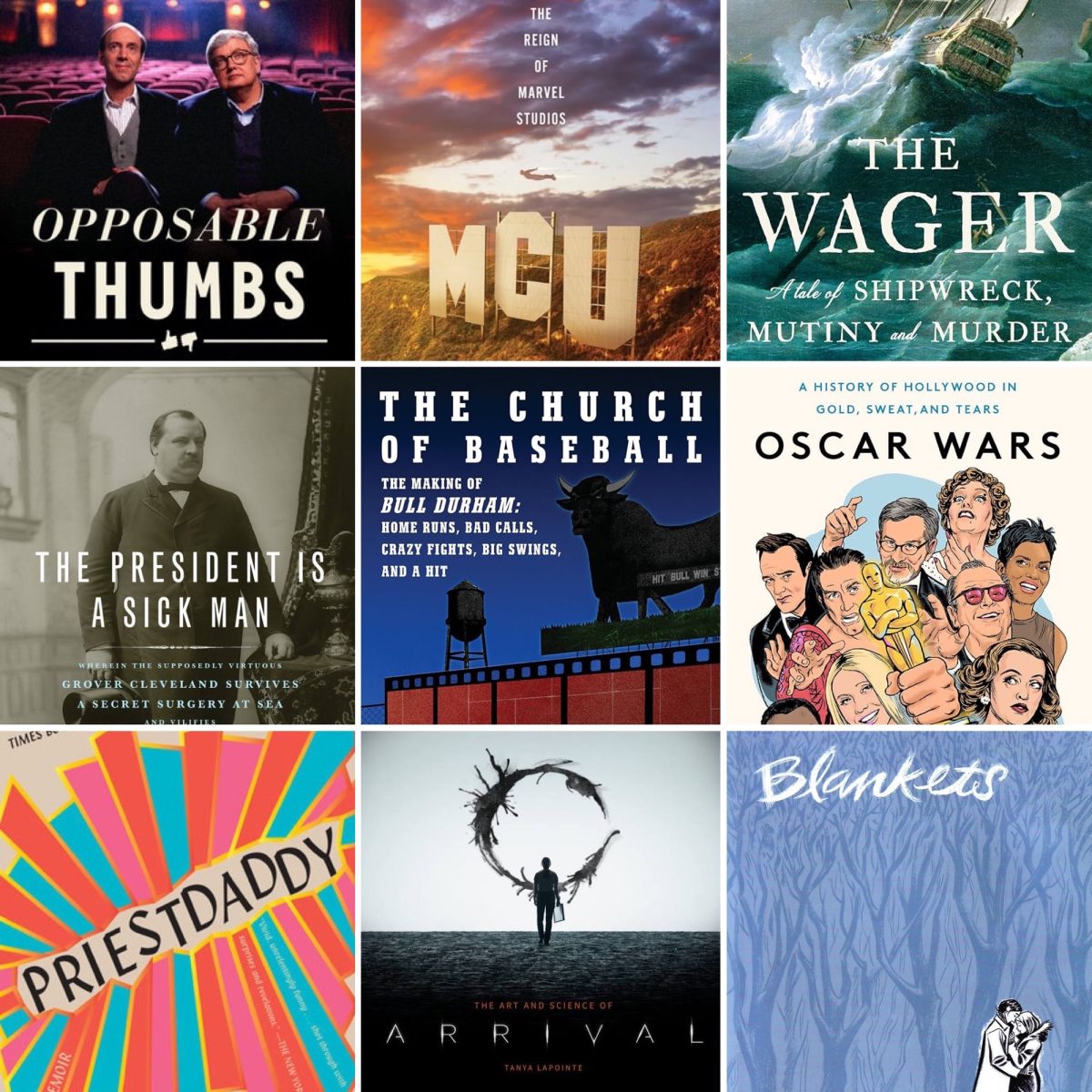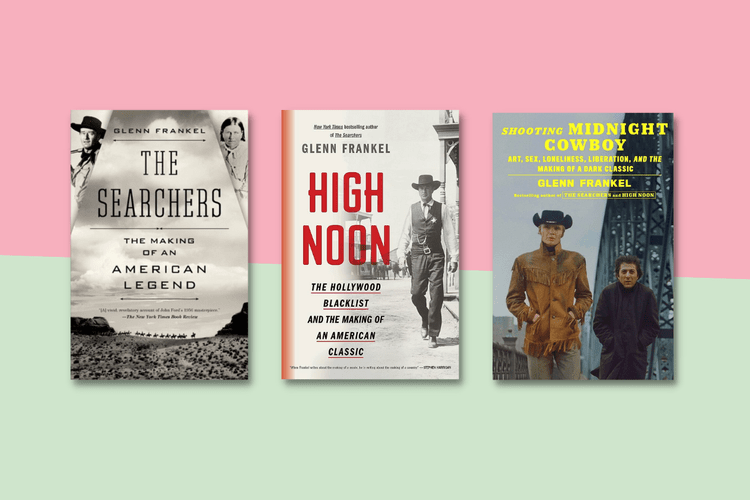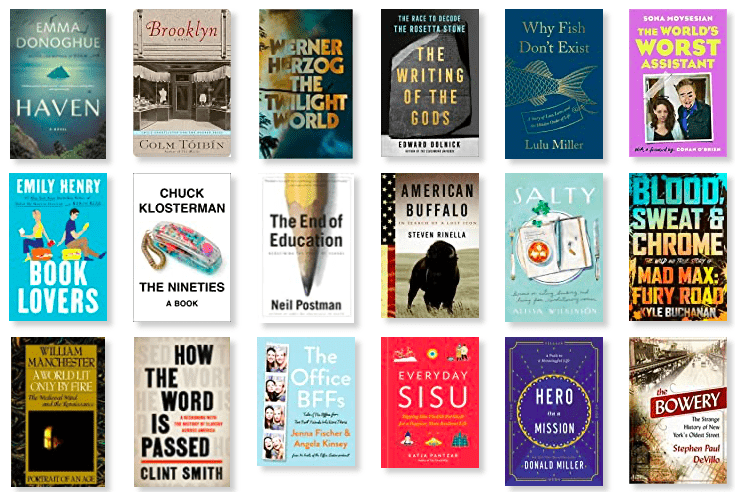Austin Kleon on a recent episode of the 1000 Hours Outside Podcast:
I truly believe that with a book, on a sentence to sentence level, I trust the turning of pages. There needs to be a momentum. If you’re turning pages, the book is good, and that includes the trash reading. I do my fair share of it. But I really trust the turning of the pages.
This is a beautiful phrase and important if counterintuitive concept. He was talking specifically about how quitting more books actually helps you read more because you’re much more likely to finish a book you actually like.
Certain kinds of reading are naturally more arduous than others, as this lover of presidential biographies can attest. But that’s the thing—I actually enjoy reading those weighty tomes, so even the arduous elements are still worth the effort and usually don’t stop me from keeping those pages turning.
So many people have this misbegotten belief that even reading for pleasure has to be hard work to be worthwhile. It’s often a vestige of schooling, where you’re assigned books and forced to read and write about them regardless of how much you like them. There’s a different kind of value in that exercise, but when we’re talking about reading for fun outside of educational or professional obligations there’s just no excuse for it.
See also: stop reading books you don’t like.



